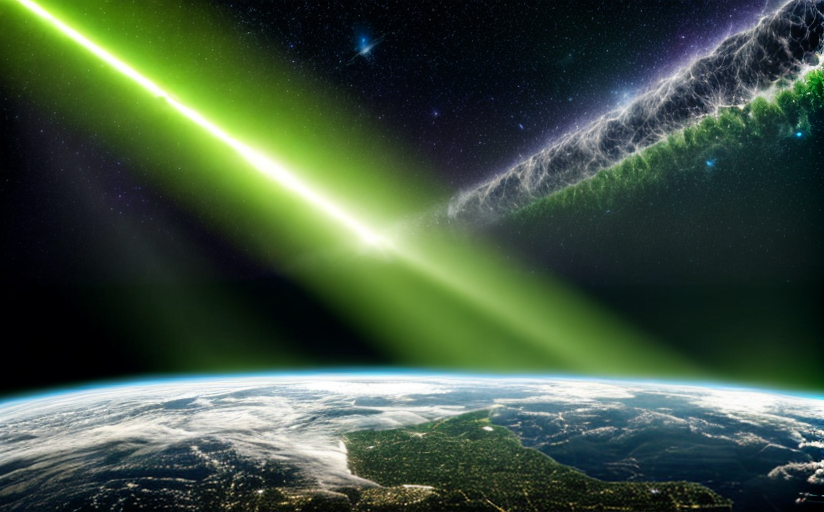Impact of Cosmic Radiation on Earth's Natural Ecosystems: An Overview
The Nature of Cosmic Radiations and Their Sources
The term cosmic radiation refers to energy particles originating from the Sun or other celestial bodies. It primarily consists of high-energetic particles, known as cosmic rays. These particles, predominantly hydrogen nuclei or protons, collide with the Earth's atmosphere, triggering a series of processes including the production of secondary particles and energy release.
Interaction with the Earth's Atmosphere
Cosmic particles' interaction with the Earth's atmosphere can have a significant impact. For instance, cosmic radiation is responsible for the ionisation of molecules in the Earth's upper atmosphere, causing natural phenomena like the Northern and Southern Lights. Beyond creating astoundingly beautiful spectacles, these interactions can also influence atmospheric activities, including cloud formation and weather patterns.
Impacts on Earth's Ecosystems
The impact of cosmic radiation on Earth's ecosystems has various dimensions such as the alteration of living organisms' genetics. Some studies suggest cosmic radiation could increase the mutation rates in organisms, potentially spurring evolution. The impact of such radiation is not uniform globally, and it can have specific regional and species-specific effects, depending on the geographical location and the organism's resistance and adaptability to radiation.
Potential Benefits and Adverse Implications
While cosmic radiation can have some adverse effects, including increasing the risks of cancer in humans and other animals, there can be potential benefits. Some organisms may develop mechanisms to adapt to radiation or even use it beneficially. For instance, some bacteria thrive in radioactive environments and can even repair radiation-induced DNA damage.
Relevant Research and Mitigation Measures
Presently, several research initiatives are ongoing to understand cosmic radiation's influence on Earth's ecosystems, particularly in the context of space travel. But it is equally crucial to study these effects on our terrestrial ecosystems and biodiversity. As this research continues, efforts are also being made to mitigate any adverse effects. For instance, technologists and scientists are exploring shielding technologies to safeguard astronauts from cosmic radiation during space travel.
Conclusion
In conclusion, the presence of cosmic radiation and its impact on Earth’s natural ecosystems is a fascinating yet less explored domain. There is a need for more in-depth study and understanding of this subject to discern its influence on potential atmospheric alterations and genetic modifications in living organisms. With ongoing research, we are poised to unravel more about this intriguing interaction between our planet and the cosmos.


















Comments
Leave a Comment